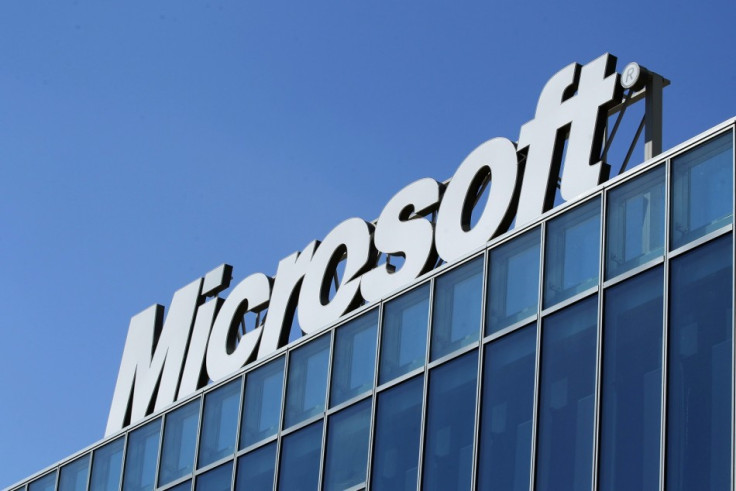Microsoft Awarded £9m in Landmark Motorola Patent Dispute
Microsoft has been awarded $14 million (£9m) in damages to be paid by Google-owned Motorola, as a Seattle court ruled in favour of the software giant after it sued over the phone-maker's unrealistic demands for the licensing of standard essential patents.

The jury agreed with Microsoft's claim that Motorola broke agreements with standard-setting bodies to license patents deemed essential for the production of the Xbox game console at a fair and reasonable price.
Microsoft had asked for $23m in damages, including $3m in legal fees and $11m for the cost of relocating a warehouse away from Germany, a country famously generous in its application of injunctions blocking the sale of patent-infringing products; the software company relocated after Motorola brought an injunction there on certain Microsoft products.
"This is a landmark win for all who want products that are affordable and work well together," Microsoft said in a statement.
Motorola said it was "disappointed" with the outcome, adding it would "look forward to an appeal of the new legal issues raised in this case."
In a second, related Seattle trial last year, US District Judge James Robart also ruled in Microsoft's favour, stating that Motorola's standard essential patents, which Microsoft licenses for certain wireless and video technology used by the Xbox 360 game console, were worth $1.8m per year, far less than the $4 billion the phone maker asked for.
Microsoft had called this fee exorbitant and a clear breach of Motorola's agreement to charge fair, reasonable and non-discriminatory terms - known as FRAND - for technology which is considered an industry standard.
Only logical outcome
As pointed out by Florian Mueller, the ruling's minute entry "shows that this was a clear case the jury was able to agree on after only three and a half hours of deliberations."
The patent expert went on to describe the verdict as "the only logical outcome considering the facts...it would have been very hard to imagine that a jury would find a crippling $4bn demand to have been made in good faith when a reasonable royalty was but a tiny, almost negligible fraction of that amount."
Mueller also brought into question Google's involvement in Motorola's abuse of the standard essential patent system, having owned the phone maker since May, 2012.
He describes the "schizophrenic nature" of Google's approach to patents. "On the one hand, it lobbies against software patents and opposes meaningful remedies for infringement of non-SEPS [standard essential patents], while on the other hand it continued Motorola's abuse of SEPs."
© Copyright IBTimes 2025. All rights reserved.





















